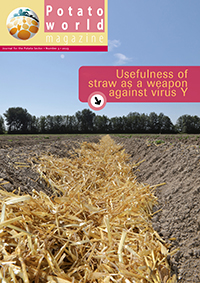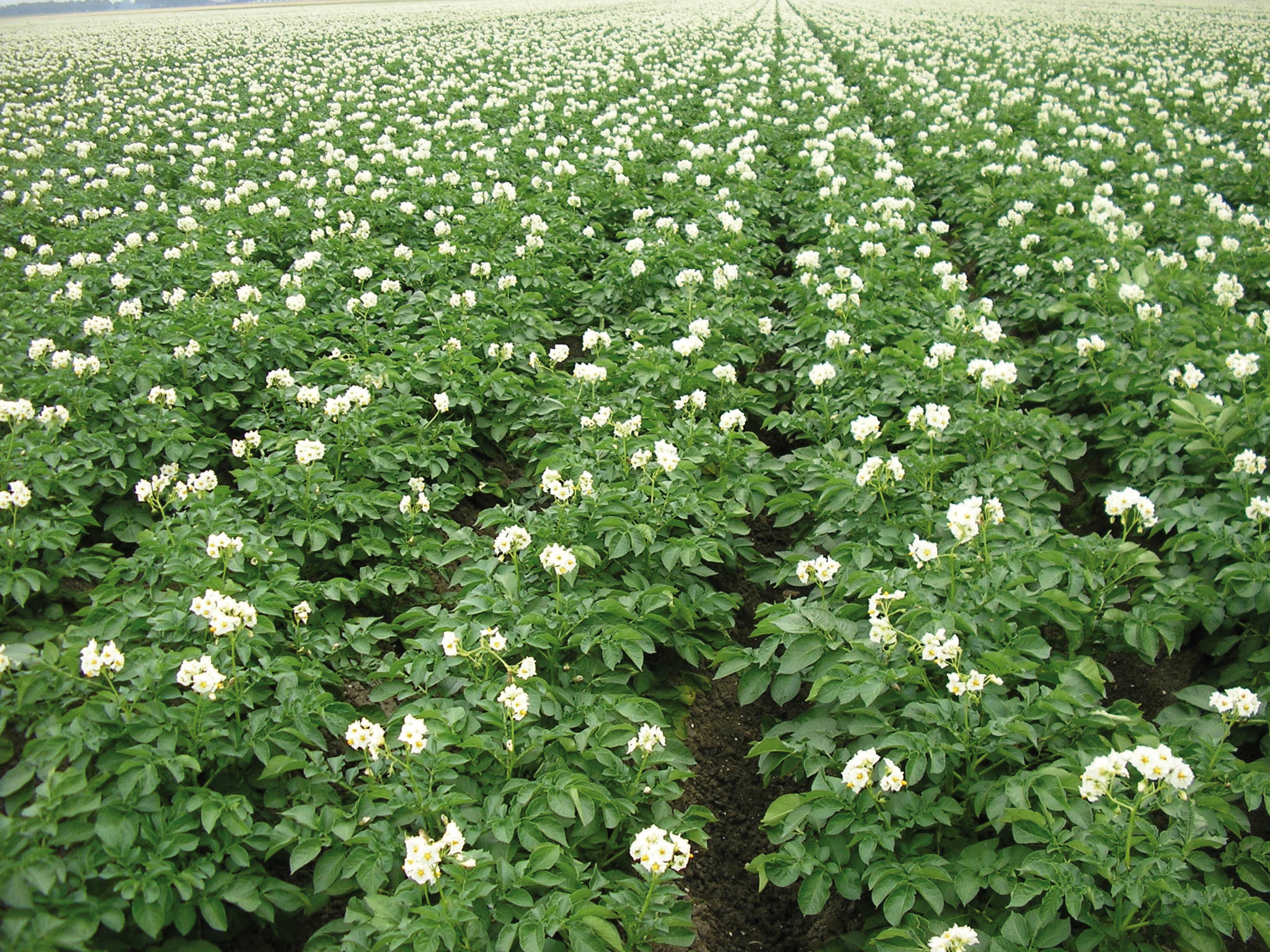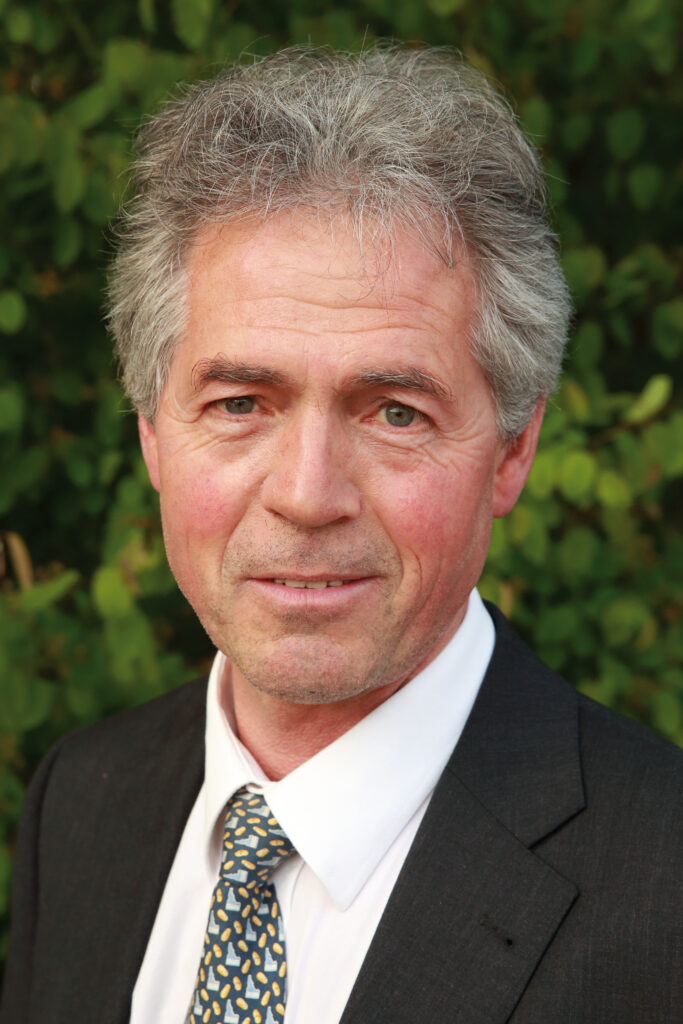Already a subscriber? Activate your premium account

Potatoworld Magazine

Recently I was interviewed by science journalist Anne Loyen for an article that appeared in the well known – in the Netherlands that is – popular scientific journal Kijk (View). It is entitled: “What if we did not have the potato”. Here I make use of that article.
It is illustrated by a painting of Van Gogh found in the Van Gogh museum in Amsterdam -called “The Bread Eaters where some photo shop program has replaced the potatoes by bread. The guide in the museum explains that the poor farmers had grown the wheat themselves, ground it and baked the bread. The Spanish conquistadors had to eat potato in the early sixteenth century in Peru Loyen continues, as the Inca’s grew no wheat nor raised cattle but ate quinoa and potato. The potato became very popular in Europe and quinoa only recently is increasingly found in shops but will not likely substitute wheat and rice. Potato clearly filled a void and made many things possible that without this humble tuber would not have taken place. William H. McNeill in his article “How the potato changed the world’s history” that appeared in the journal Social Research in 1999 claims that the Spanish never could have brought that much silver from the mines in Potosí if the miners had no potatoes to eat and then Spain could never have become the global empire it became. The potato allowed the Irish population to grow after they were defeated by the English led by Oliver Cromwell in 1652. When this basic food was annihilated by Phytophthora, millions of Irish left for the new world and changed its landscape. McNeil hypothesizes that the German empire was made possible as its enemies confiscated cereals but did not take the potatoes allowing the population to survive. Potato made western Europe’s global colonization possible as potatoes were now grown on previously fallow land in between cereal crops while potato yields a few times more calories than cereals. McNeil does not venture to picture how the world would have looked liked without potato. To find out about the reverse side of the energy and protein richness of potato Loyen asked health professor Jaap Seidell of the University of Amsterdam if there would be as many obese people without French fries and chips. Seidell explains that potato per se is not responsible for the obesity epidemic because without potato there would have been one source less of starchy food but still too many obese people. I contributed that it looks much like potato saves lives by securing food for the needy. The current global production of 350 billion kilograms for 7 billion people means about 1 kg per person per week. Not all of that enters our plates, as part is used for seed but without potato there would be less food. Because in areas and seasons during the year that are suitable for potato, it is the highest yielding crop. In Africa potato production doubled during the last twenty-five. In countries like Rwanda potato production grew two times faster than the population. In a few decennia the potato as a winter crop in Asia became an important part of the total food intake. With the increase of carbon dioxide in the air from the current 400 parts per million to 600 parts per million in 2050 the potato yields will increase by at least 25 percent, much more than with cereals. The crop will then be even more competitive.
Imagine a world without potato. We in the potato industry would have other occupations, by far less enjoyable. We would miss the potato stews to warm us during cold winters, no fries in quick service restaurants, no chips/crisps when you get a sweet tooth. And what to think of farmlands without blossoming potato fields in summer? Boring!

Anton Haverkort
anton.haverkort@wur.nl
Events
©2015 - 2024 Potatoworld | Webdesign and realisation COMMPRO